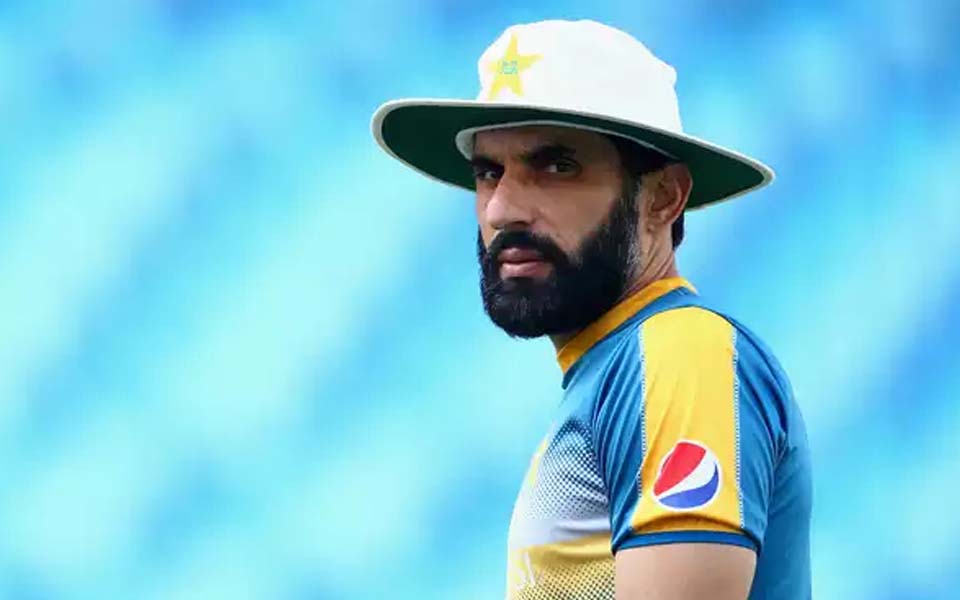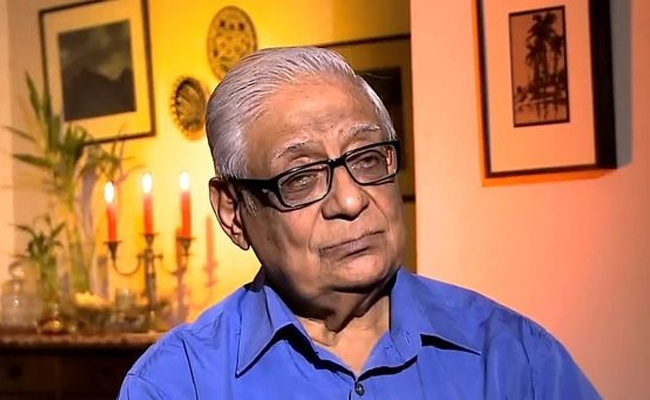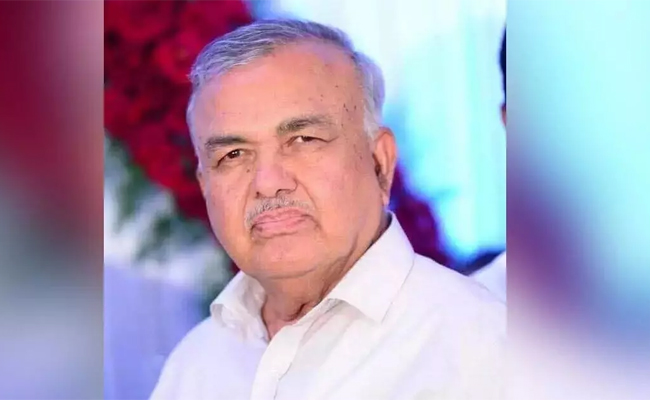Lahore, Sept 4: Pakistan Wednesday appointed former captain Misbah-ul-Haq as head coach and chief selector in a bid to lift the national team's performance.
The cricket-mad nation failed to reach the semi-finals of the 2019 World Cup in July, prompting the Pakistan Cricket Board (PCB) not to renew head coach Mickey Arthur's tenure.
Bowling coach Azhar Mahmood and batting coach Grant Flower were also shown the door. The PCB said Misbah will be head coach for three years.
"Former captain Misbah is confirmed as Pakistan men's national team head coach in all three formats on a three-year contract," said a statement.
"In line with the PCB's commitment to ensure transparency, accountability and role clarity at all levels, Misbah was also named as the chairman of selectors with head coaches of the six first-class cricket association sides as his fellow selectors."
Misbah will be Pakistan's 30th head coach -- but it is the first time that the head coach will also be the chief selector, along the lines of the system in New Zealand.
Another former captain, legendary paceman Waqar Younis, was named as bowling coach for three years. He had two previous stints as head coach.
A five-man PCB committee also interviewed former Australian batsman Dean Jones and former Pakistan coach Mohsin Khan before deciding unanimously in Misbah's favour.
Misbah and Younis will start with a three one-day internationals and three Twenty20s at home against Sri Lanka from September 27 to October 9. Pakistan travel to Australia in November for Tests in Brisbane and Adelaide.
Misbah is Pakistan's most successful Test captain with 26 wins in 56 Tests and 11 draws. He played 75 Tests, 162 ODIs and 39 T20Is matches for Pakistan in a career which ended in 2017.
Misbah described the role as challenging.
"I know expectations are high, but I am absolutely ready and up for the task otherwise I would not have thrown my name in the hat for one of the most challenging and coveted roles in Pakistan cricket," he said in a press release.
"We have some of the most talented and exciting cricketers, and I will like to help them train and prepare in such a way that they can play intelligently, smartly and fearlessly.
"I am aware this will require a change in the dressing room culture but if we have to compete consistently at the highest level, we have to embrace these modern day requirements."
Pakistan are seventh in Test rankings, sixth in ODIs but are top ranked in Twenty20s.
Let the Truth be known. If you read VB and like VB, please be a VB Supporter and Help us deliver the Truth to one and all.
New Delhi (PTI): HK Dua, a distinguished journalist and a veteran of Indian public life who held the rare distinction of helming editorial operations at three of India's leading newspapers, passed away on Wednesday at the age of 88.
He breathed his last peacefully this afternoon at a private hospital, a member of his family said.
His cremation will take place at Lodhi Road crematorium on Thursday.
Dua was admitted to the hospital around three weeks ago. He was survived by wife Adity and son Prashant.
In a remarkable career spanning over four decades, Dua traversed the world of journalism, served as a media advisor to two prime ministers -- Atal Behari Vajpayee and HD Deve Gowda -- and transitioned into the roles of a diplomat and parliamentarian.
A Padma Bhushan recipient, Dua was known for his affable persona, sharp political insight and unwavering commitment to editorial independence. He commanded respect across the political spectrum.
Dua served as editor of The Hindustan Times (1987-94), Editor-in-Chief of The Indian Express (1994-96) and The Tribune (2003-09) and Editorial Advisor for The Times of India (1997-98).
Born on July 1, 1937, Dua also served as India's ambassador to Denmark (2001-2003).
He was a nominated member of Rajya Sabha (2009-2015), where he contributed significantly to debates on foreign affairs and national security. He was also part of several high-profile parliamentary committees, including the Standing Committee on Foreign Affairs and the Consultative Committee for the Ministry of Home Affairs.
A two-term president of the Editors' Guild of India and a steadfast defender of democratic values, Dua also served on the National Security Advisory Board and received honorary doctorates from Punjab and Kurukshetra Universities for his contributions to the Fourth Estate.
Apart from the Padma Bhushan, he received several awards, including the Durga Ratan award and the Bal Gangadhar Tilak award for excellence in journalism.
Leaders across the political spectrum and members of the media fraternity expressed condolences over Dua's demise.
"My deepest condolences on the passing of H K Dua, a distinguished journalist, diplomat, and Padma Bhushan recipient whose commitment to truth, editorial independence, and public service enriched public discourse," Congress president Mallikarjun Kharge said on social media.
Shiromani Akali Dal President Sukhbir Singh Badal said Dua upheld editorial independence with unwavering integrity, sharp insight, and commitment to democratic values.
"His contributions as a journalist and an editor across leading newspapers leave behind an enduring legacy," he said.
Congress MP Shashi Tharoor said: "A journalistic giant has left us."





